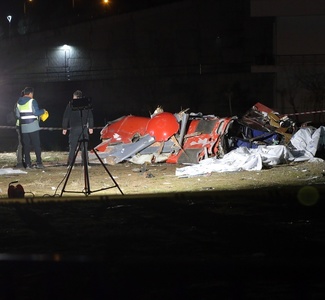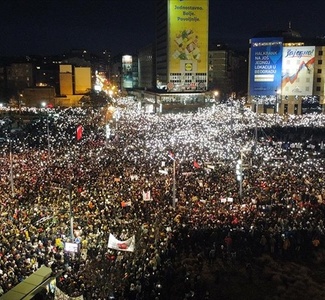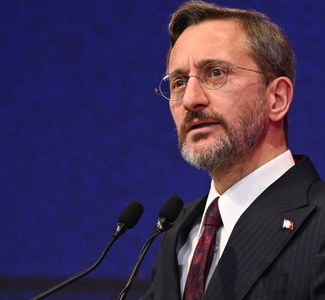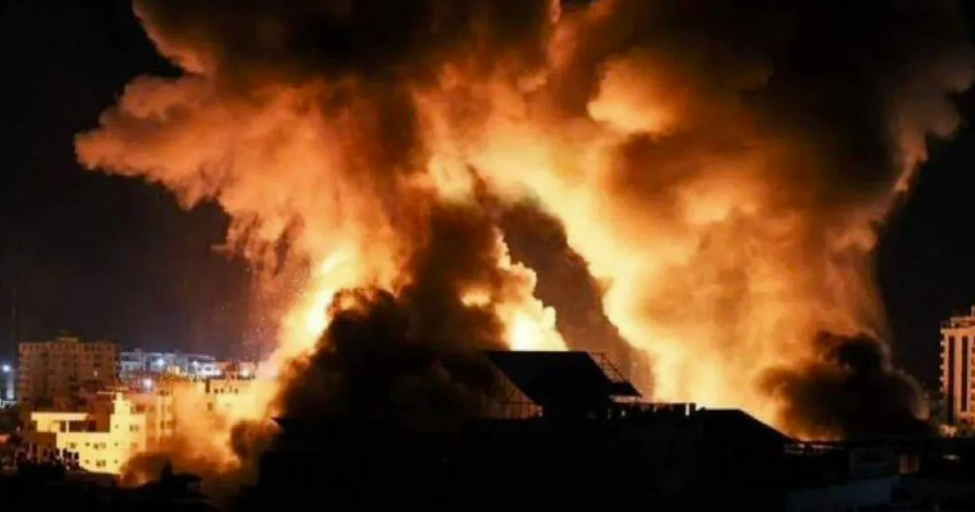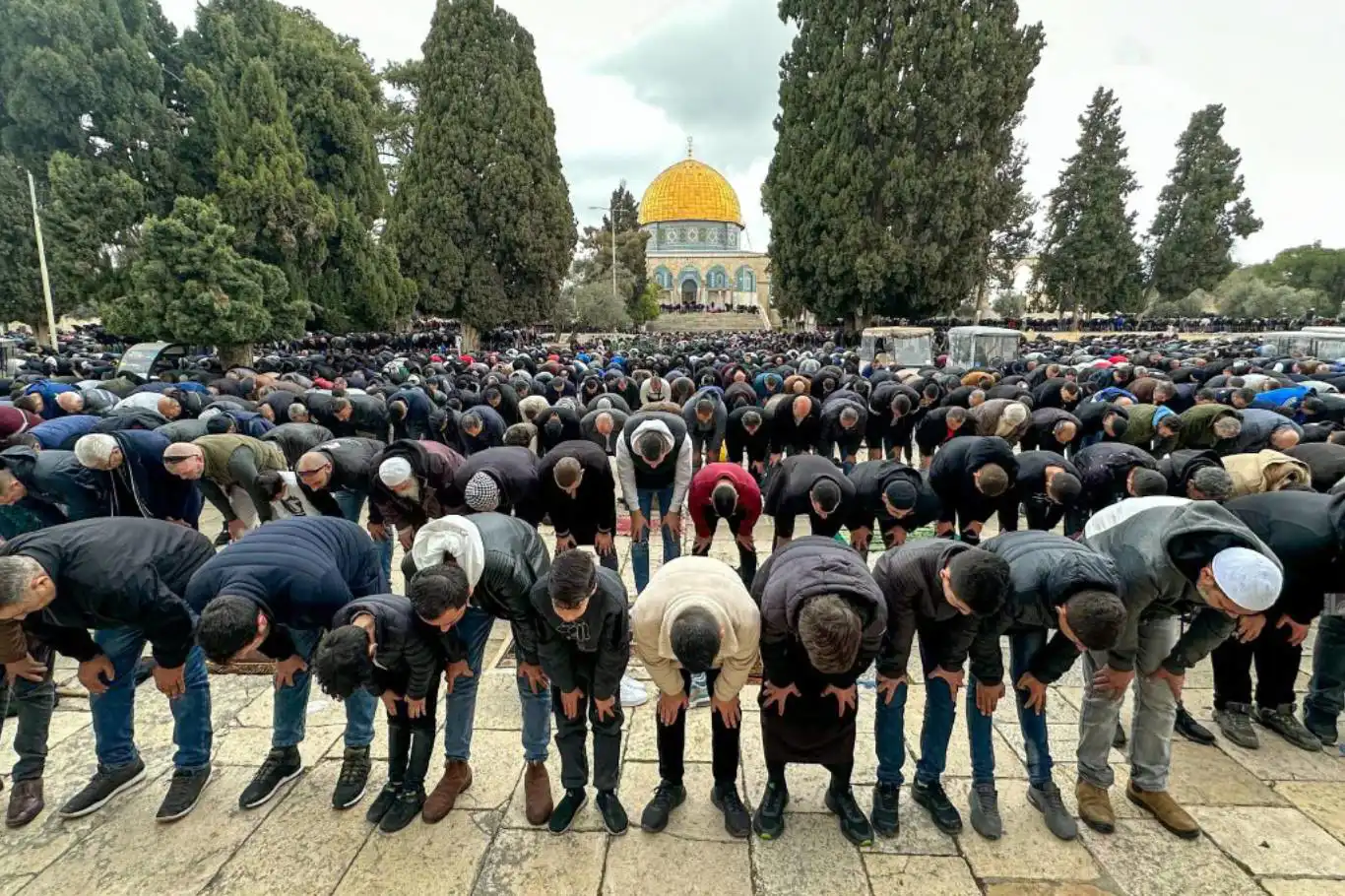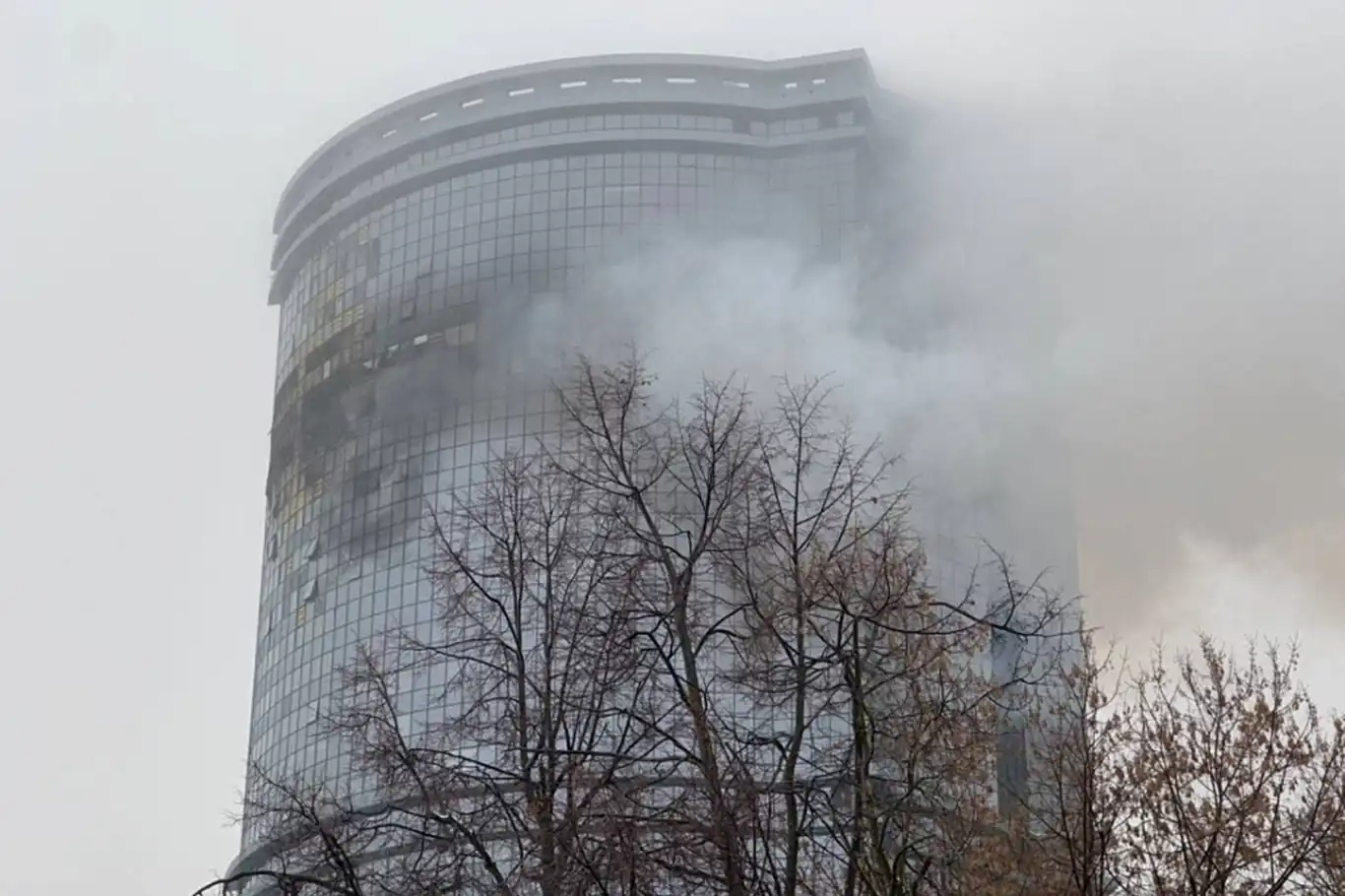Muslims across world to observe Laylat al Qadr
Laylat al Qadr or Night of Power, which is believed to be one of the most important nights for all Muslims, is observed on the 27th night of the holy month of Ramadan.

 Google News'te Doğruhaber'e abone olun.
Google News'te Doğruhaber'e abone olun. In Islamic faith, Laylat al-Qadr, also known as the Night of Decree, Night of Power, Night of Value, Night of Destiny, or Night of Measures, is believed to be the night when the Quran was first revealed from Heaven to the world, and when the initial verses of the Quran were disclosed to the prophet Muhammad (PBUH).
Laylat al-Qadr holds great significance in the spiritual journey of the Prophet, Muhammad, who frequently retreated to a cave on Mount Hira for solitude and reflection. On one such occasion, which is referred to as the Night of Power, the Prophet experienced a deep and profound spiritual encounter that marked the start of the revelation. The Holy Qur’an makes mention of this important event.
According to many Muslim sources, it was one of the odd-numbered nights of the last ten days of Ramadan, the ninth month of the Islamic calendar.
Since that time, Muslims have regarded the last ten nights of Ramadan as being especially blessed. Muslims believe that the Night of Qadr comes with blessings and mercy of Allah in abundance, sins are forgiven, supplications are accepted, and that the annual decree is revealed to the angels who carry it out according to what Allah ordained.
The night is not comparable to any others in view of Muslims and according to a tradition, the blessings due to the acts of worship during this night cannot be equaled even by worshipping throughout an entire lifetime.
The reward of acts of worship done in this one single night is more than the reward of around 83 years (1000 months) of worship. Laylat al-Qadr is referenced in the Quran: “Lo! We revealed it (the Qur’an) on the Night of Power. What will convey unto you what the Night of Power is! The Night of Power is better than a thousand months. The angels and the Spirit descend therein, by the permission of their Lord, with all decrees. Peace it is until the rising of the dawn.” (Surah al Qadr)
This night is solemnly observed every year by Muslims, many of whom spend the entire night in devotional prayers. It is reported by Aisha (r.a), the Prophet’s wife, that “the Prophet would strive to do acts of worship during the last ten days of Ramadan more than he would at any other time”, which included Laylat al-Qadr.
This devotion and act of worship during the last ten days of Ramadan by some Muslims has continued to this day as a ritual of performing Etekaf in the Masjid, that is, seclusion in the Mosque. The objective behind such an act of worship is that the hearts and minds are fully occupied with thoughts of God and concentrate upon Him alone, through the act of zikr, that is, remembrance of God. (ILKHA)
































